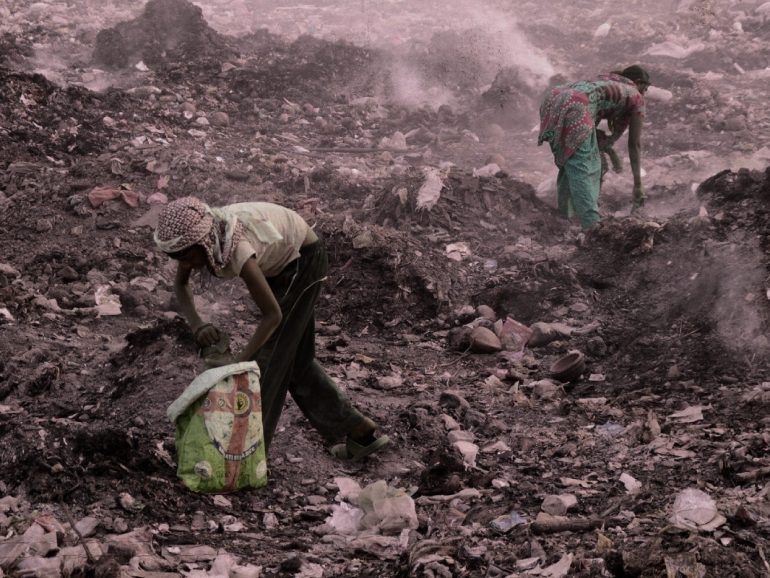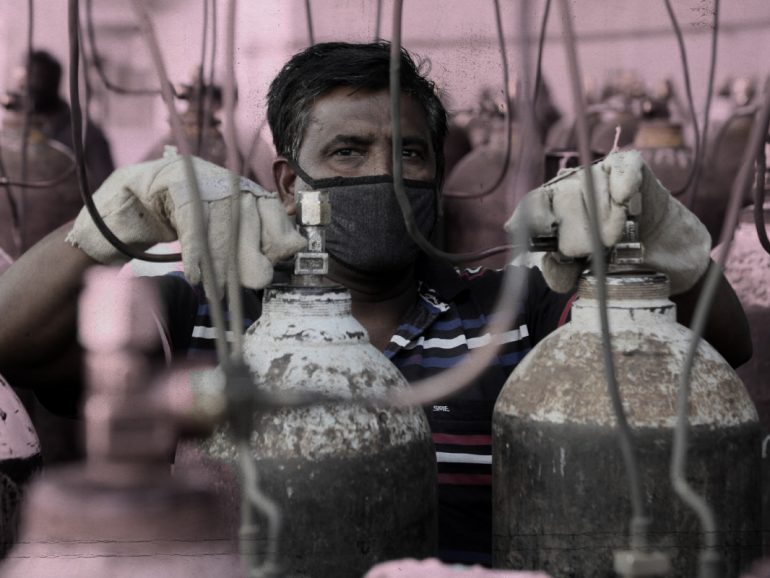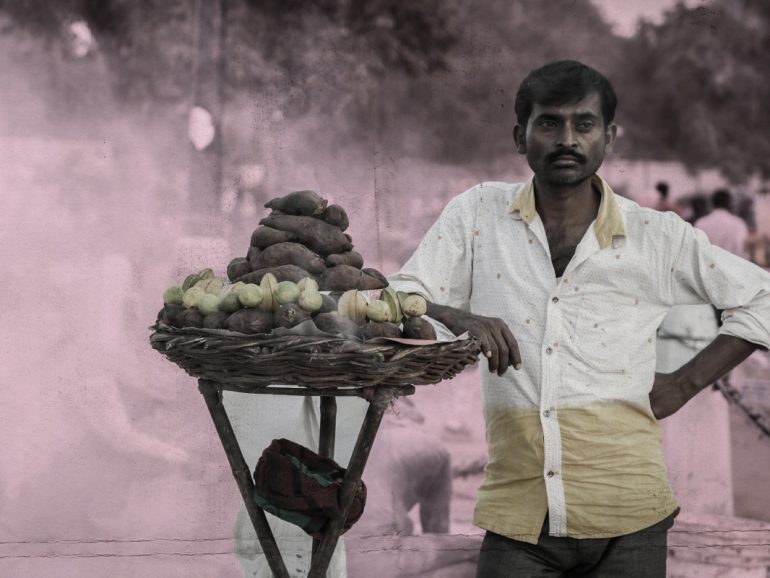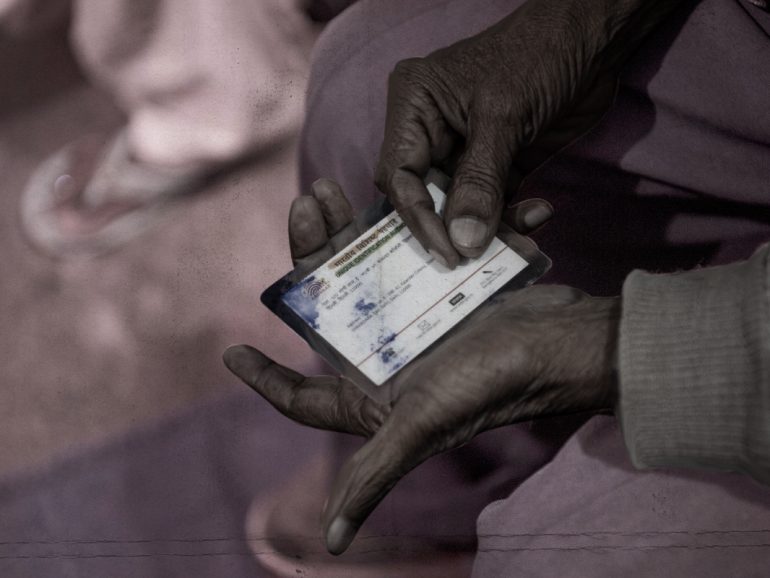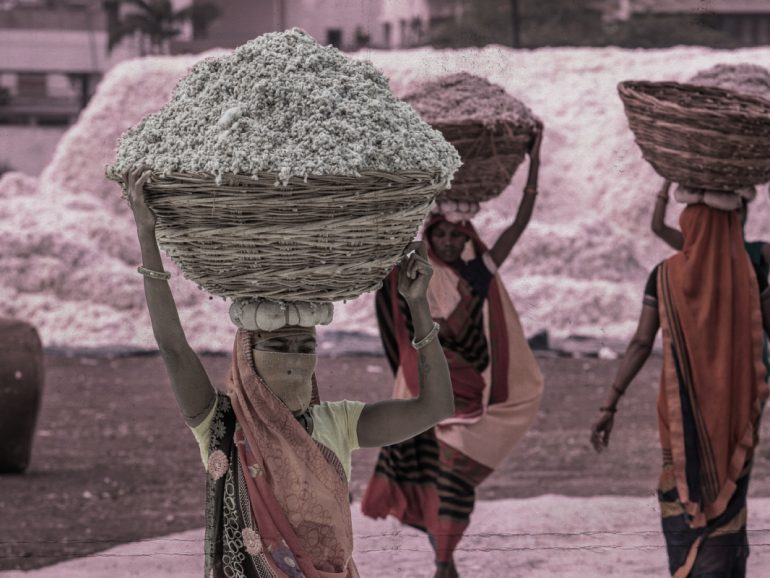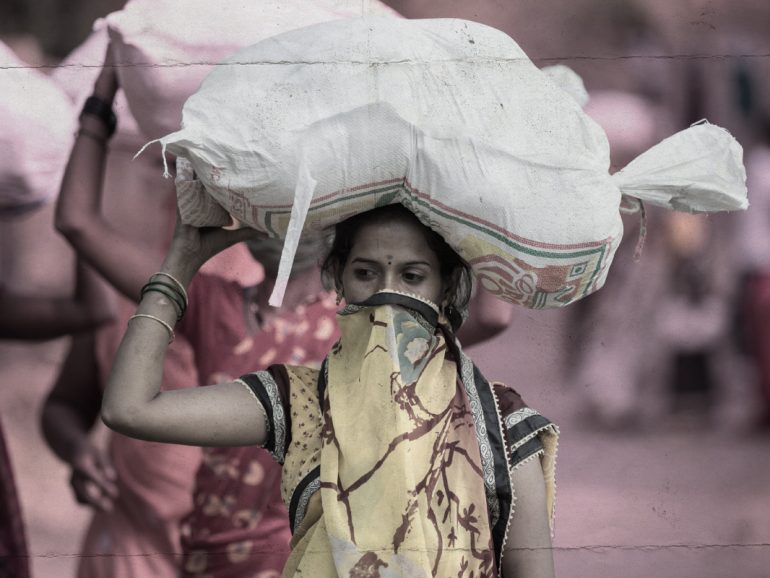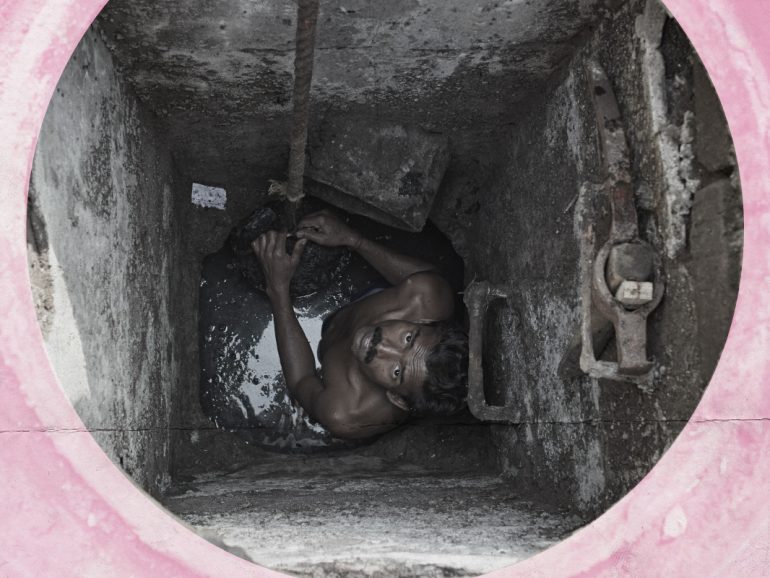Social Protection for Informal Waste Workers
India recycles about 30-60% percent of paper and cardboard, 50-80% of plastic and almost 100% of its glass waste. A study conducted in 2012 found India has one of the highest recycling rates for plastic PET bottles at 70%! This system of waste management relies …
COVID Compensation — Part 01
“Do you also run around government offices for compensation?” I’m often asked this question by several people and oddly enough, my story is no different. Going back and forth between offices is a part and parcel of the policy-level bottlenecks we commonly talk about. In …
Helping Micro-enterprises Stay Afloat in a Post-COVID Economy
The lockdown imposed an unwelcome closure of Dasharathi’s vegetable cart. Like everyone else, she too was struggling to make ends meet. When the lockdown eased, it was impossible for her to restart her business because by then, she had used up all of her life-savings …
The Link between Identity Documents and Welfare Delivery
Kushbu Chanda is a 15-year old, specially-abled orphan, living with her grandmother in Indore. ‘Haqdarshak’ Sandhya Maske met her during one of her field visits in December 2021. Since Kushbu did not have an Aadhar card, she had been unable to receive any of the …
Leveraging CSR for Last-mile Delivery of Government Welfare
Purbi Singhbum, headquartered at Jamshedpur, Jharkhand, is an aspirational district that is fraught with socio-economic inequities. We conducted a Needs Assessment Survey there in November 2021 and found some glaring problem areas. As per the survey, the citizens at Purbi Singhbum lacked basic documents such …
Access, Utilisation, and Impact: A Study on the Public Distribution System in India
India has slipped to the 101st position among 116 countries in the Global Hunger Index (GHI) 2021 from its 2020 ranking (94), now placed behind Pakistan, Bangladesh, and Nepal. India’s level of hunger is considered serious. The GHI is calculated on four indicators — undernourishment, …
The Reality of Sanitation Workers in India
Numerous laws and policies have been enacted across the country for the protection of sanitation workers ― The Protection of Civil Rights Act, 1955, The Employment of Manual Scavengers and Construction of Dry Latrines (Prohibition) (EMSCDLP) Act, 1993, and Prohibition of Employment as Manual Scavengers …

